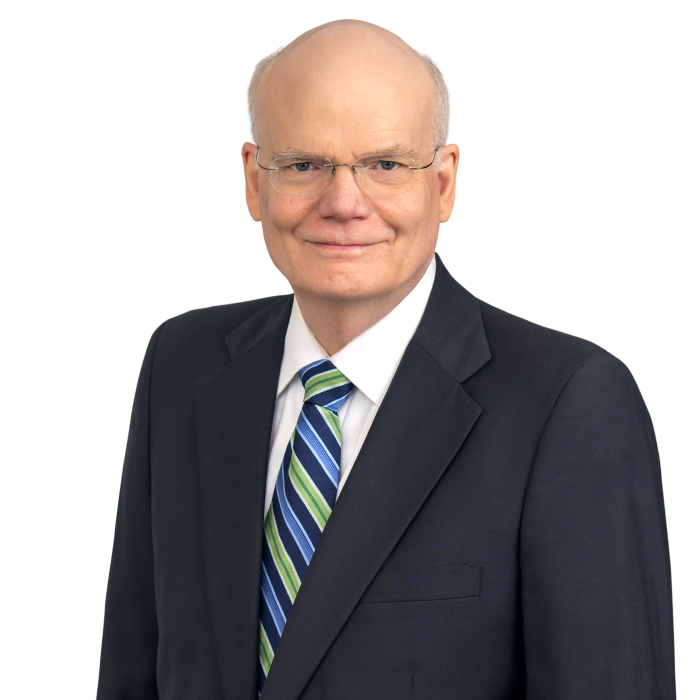
Localities Need to Respond to FCC Rulemaking Proceeding That Proposes Expanded Federal Preemption of Local Wireless Siting Authority
In the second of two orders released on September 30, 2025, the Federal Communications Commission (FCC) adopted a Notice of Proposed Rulemaking (NPRM) proposing reforms that purportedly would “free towers and other wireless infrastructure from regulatory burdens imposed at the state and local level.” BBK’s analysis of the other FCC order focused on wireline deployments can be found here. This second FCC order proposes rule changes that have been on the wireless industry wish list for some time and industry comments will be voluminous. It is crucial for local governments to voice their concerns about the proposed rule changes.
In this NPRM, the FCC seeks to 1) improperly expand the type of applications that qualify as “eligible facilities requests” and therefore must be approved by localities; and 2) place new and expanded limits on local control over siting macro towers and other wireless facilities to streamline approvals, limit regulatory fees and potentially rent, and create a rocket docket at the FCC for resolution of disputes. The FCC seeks comment on the following proposals:
Eligible Facilities Requests – The FCC proposes to revise its rules in 47 C.F.R. Section 1.6100 to codify a prior interpretation struck down by the Ninth Circuit in 2024. Specifically:
- Concealment Elements – The proposed rule would limit “concealment elements” to stealth-designed facilities intended to make towers or base stations appear as something else; modifications would defeat concealment only if they make the design ineffective.
- Siting Approval Conditions – The FCC proposes to prohibit localities from finding a proposed modification to an existing facility that changes aesthetics related conditions does not comply with the prior siting approval conditions.
- Permit Duration and Renewals – The FCC invites comment on the relationship between time-limited conditional use permits (CUPs) and eligible facilities requests, including whether local governments can, through the CUP renewal process, impose new conditions on previously approved eligible facilities requests.
Expanding Federal Rules Limiting Local Siting Authority – Noting that the FCC’s 2018 Small Cell Order was partially overturned by the Ninth Circuit in 2020, the FCC now proposes to expand its “reforms” with adjustments to its rules governing macro facilities and to look for other ways to further streamline wireless siting processes. No specific rule text is proposed, but the FCC is seeking comments on various actions that it could take to preempt state and local requirements that:
- Inhibit the deployment of macro cell towers and other wireless facilities
- Impose unreasonable delays of permitting approvals
- Assess disproportionate or otherwise unreasonable fees
- Condition approval on aesthetic or similar criteria
- Impose other regulatory impediments that violate federal law and FCC rules
The NPRM describes allegedly troublesome practices by numerous local governments identified by name. At a minimum, local governments should review the NPRM to see if their communities are impugned.
The FCC also seeks comments on creating a “rocket docket” at the FCC to resolve wireless disputes between providers and local governments. This proposal may be contrary to statutory language indicating Congress intended that local federal courts be the venue for all non-RF-related disputes, rather than the FCC in Washington D.C.
Deadlines for opening and reply comments will be set based on the date the NPRM appears in the Federal Register. Those deadlines could be as soon as mid-November and early December, respectively, although the government shutdown makes predictions less reliable. BBK attorneys will provide updates when the dates are confirmed.
For more information, please connect with the authors and members of BBK’s Telecommunications practice group. To receive legal updates and practical insights that impact you and your organization, please subscribe here to be added to our mailing list.
Disclaimer: BBK Legal Alerts are not intended as legal advice. Additional facts, facts specific to your situation, or future developments may affect subjects contained herein. Seek the advice of an attorney before acting or relying upon any information herein.






